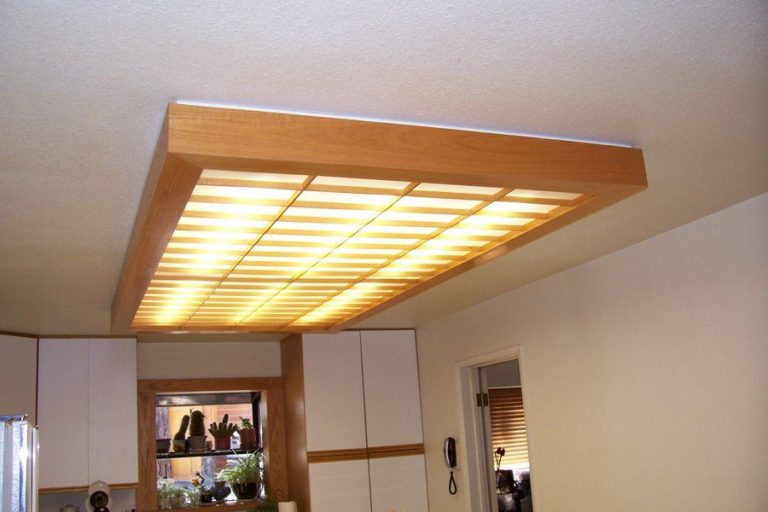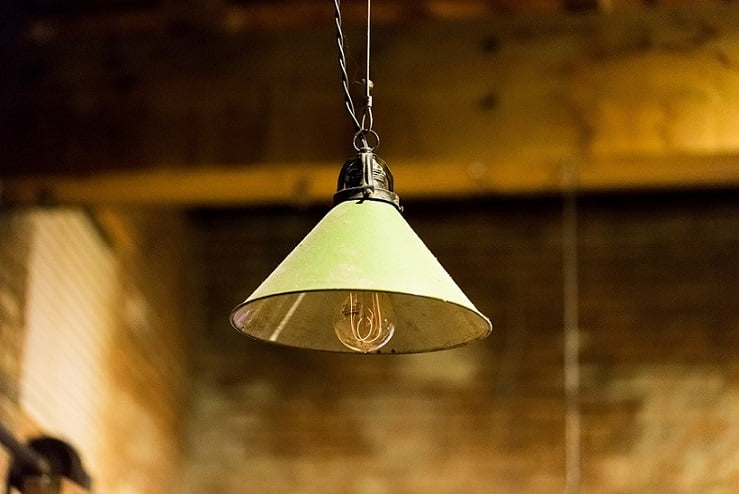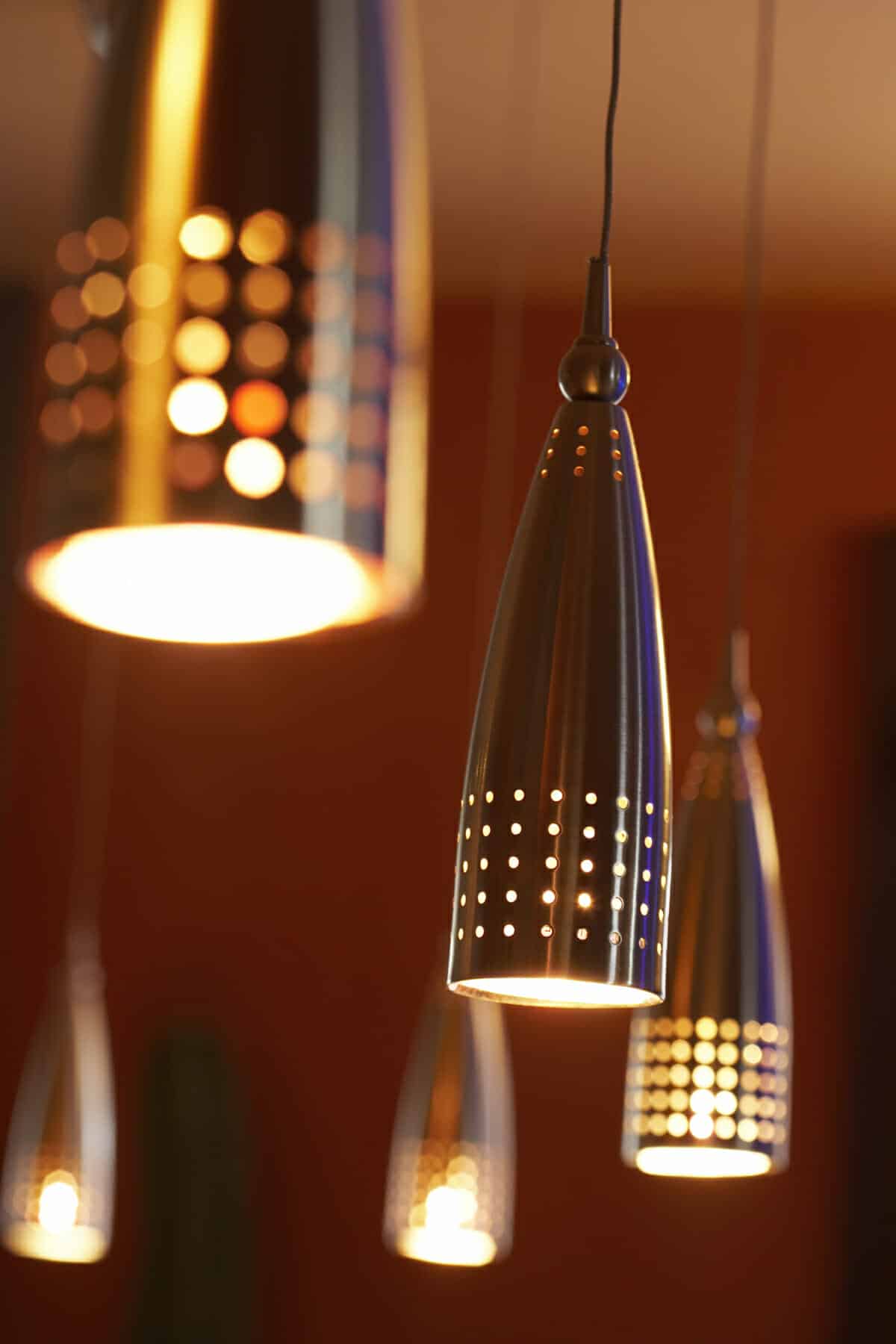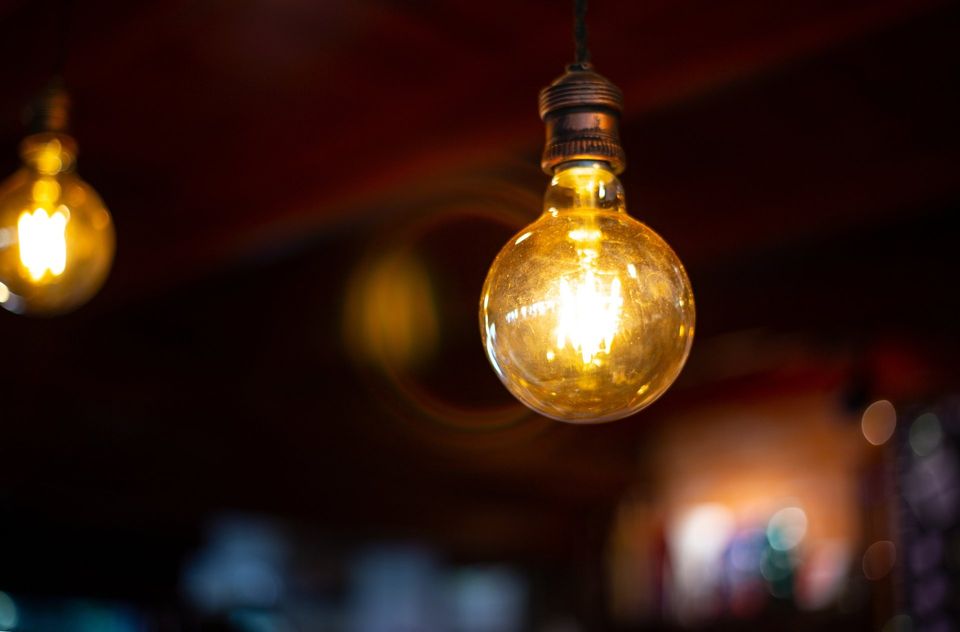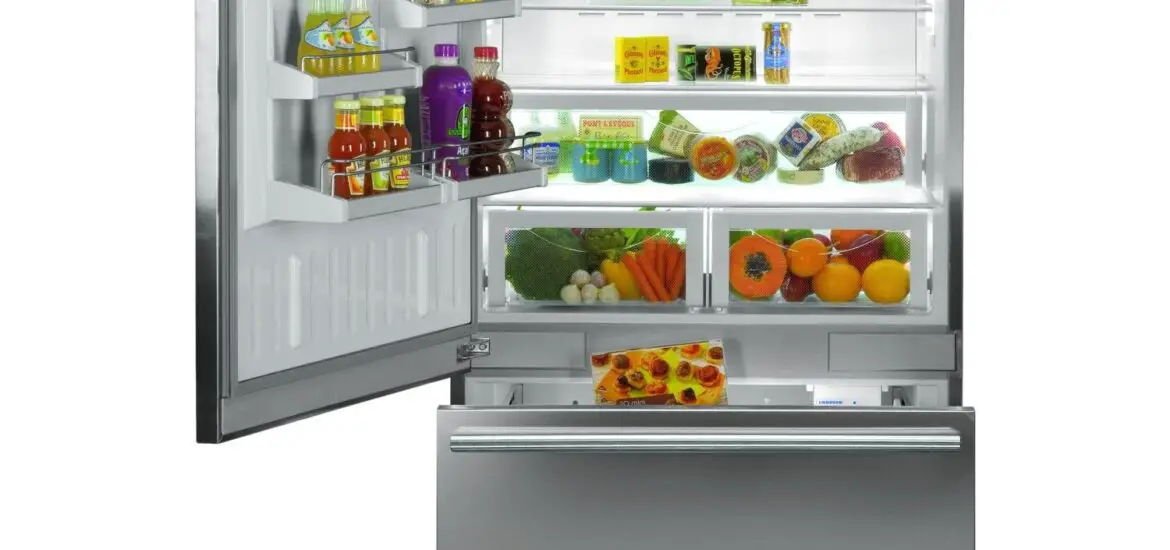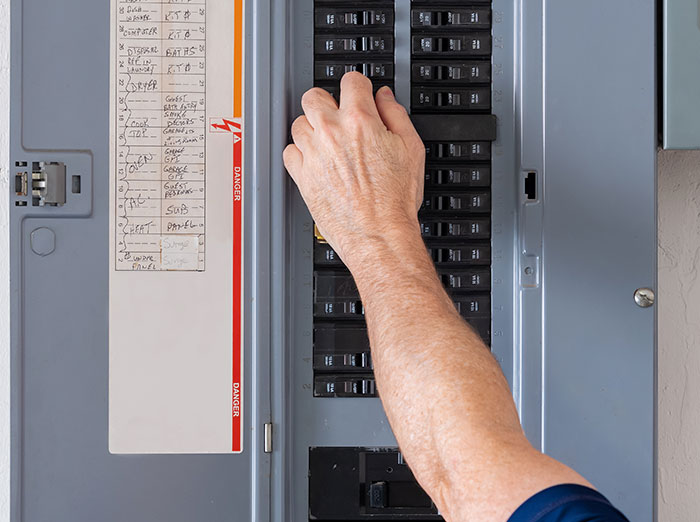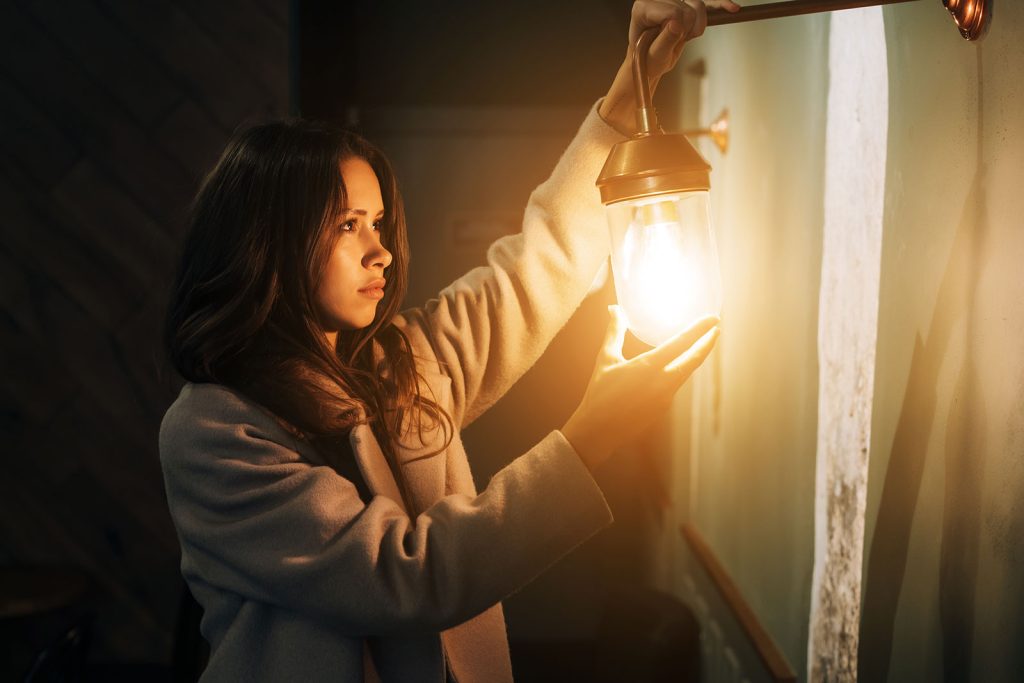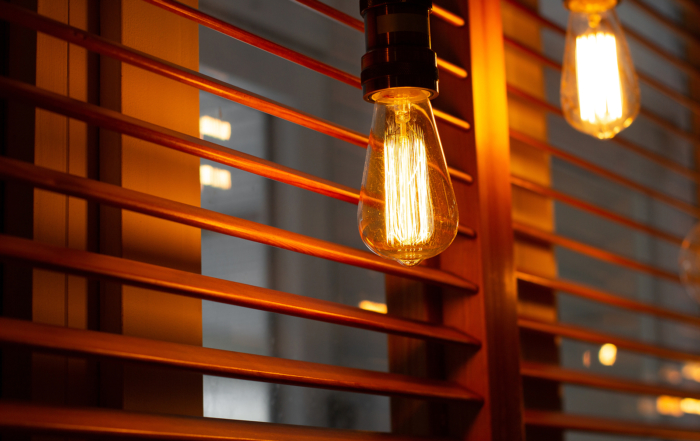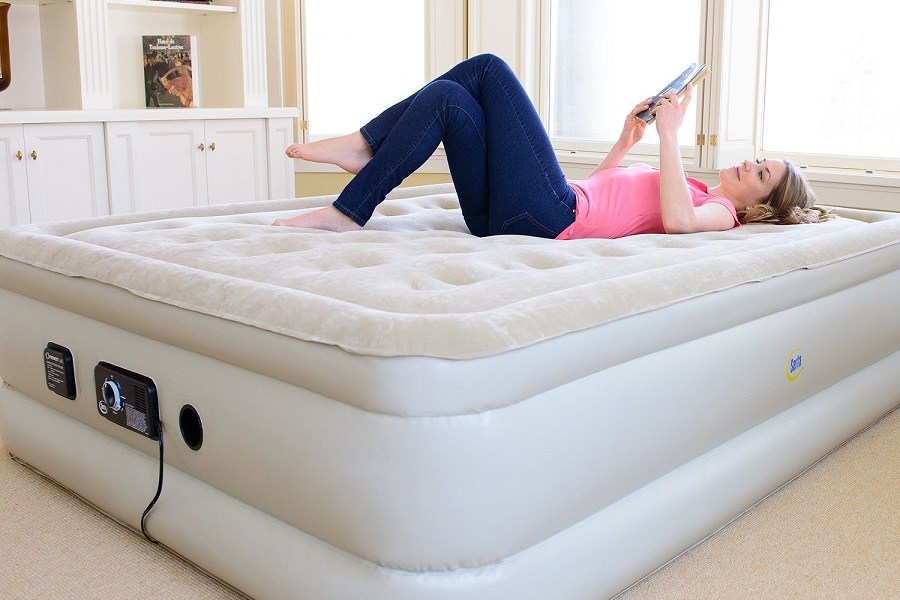If you've noticed that the light in your kitchen is flickering, don't panic. While it can be annoying, it's usually a simple fix that you can do yourself. Flickering lights can be caused by a variety of factors, from loose connections to faulty wiring. In this guide, we'll walk you through the steps to troubleshoot and repair your flickering kitchen light.How to Fix a Flickering Light Bulb in Your Kitchen
Before you can fix your flickering kitchen light, you need to determine the cause. Here are the steps to troubleshoot and repair a flickering light: Step 1: Check the Light Bulb The first thing you should check is the light bulb itself. Make sure it's screwed in tightly and that the connections are secure. If the bulb is loose, it can cause flickering. If the bulb is still flickering after tightening it, try replacing it with a new one. Sometimes, old or faulty bulbs can cause flickering. Step 2: Inspect the Light Switch If the light bulb is not the issue, the next step is to check the light switch. Turn the switch off and on a few times to see if that stops the flickering. If it does, the switch may need to be replaced. You can also check the connections behind the switch to make sure they are secure. Step 3: Check the Wiring If the light switch is not the culprit, it's time to inspect the wiring. Turn off the power to the light fixture before checking the wiring. Look for any loose or damaged wires and tighten or replace them as needed. It's always a good idea to consult a professional if you're not comfortable working with electrical wiring.How to Troubleshoot and Repair a Flickering Kitchen Light
Now that you know how to troubleshoot and repair a flickering light, let's take a look at some of the common causes and solutions for a flickering kitchen light: Loose Connections One of the most common causes of a flickering light is loose connections. Over time, the connections between the light fixture and the electrical wiring can become loose, causing the light to flicker. To fix this issue, simply tighten any loose connections. Old or Faulty Bulbs As mentioned earlier, old or faulty light bulbs can also cause flickering. If you notice that a specific light bulb is flickering, try replacing it with a new one to see if that solves the issue. Dimmer Switches If you have a dimmer switch in your kitchen, it can sometimes cause flickering lights. This is because some dimmer switches are not compatible with certain types of light bulbs. If you suspect this is the issue, try replacing the dimmer switch with one that is compatible with your light bulbs. Electrical Overload If you have multiple appliances or electronics running in your kitchen, it's possible that you're experiencing an electrical overload. This can cause flickering lights and is a sign that you need to upgrade your electrical system to handle the increased load.Why is My Kitchen Light Flickering? Common Causes and Solutions
Still unsure why your kitchen light is flickering? Here are five possible reasons: Faulty Light Switch If the light switch itself is faulty, it can cause flickering. This can happen if the switch is old or if it has been exposed to moisture. In this case, the switch will need to be replaced. Faulty Wiring Faulty wiring is a serious issue that can cause flickering lights and other electrical problems. If you suspect this is the cause of your flickering kitchen light, it's best to consult a professional electrician to inspect and repair the wiring. Power Surges Power surges can also cause flickering lights. This can happen if there is a sudden increase in the electrical current flowing through your home's wiring. Installing surge protectors can help prevent this issue. Loose Light Bulb As mentioned earlier, a loose light bulb can cause flickering. Always make sure your light bulbs are tightly screwed in to avoid this issue. Old or Outdated Electrical System If your home has an old or outdated electrical system, it may not be able to handle the electrical demands of modern appliances and electronics. This can cause flickering lights and other electrical issues. Consider upgrading your electrical system to prevent this problem.5 Possible Reasons Why Your Kitchen Light is Flickering
If you've determined that the issue is with the light fixture itself, here are the steps to replace it: Step 1: Turn off the Power Before you begin, make sure to turn off the power to the light fixture at the circuit breaker. Step 2: Remove the Old Fixture Remove the screws or bolts that are holding the old light fixture in place. Carefully disconnect the wires and remove the fixture from the ceiling. Step 3: Install the New Fixture Follow the manufacturer's instructions to install the new light fixture. Make sure all the wires are connected securely and the fixture is mounted properly. Step 4: Turn on the Power Once the new fixture is installed, turn the power back on and test the light to make sure it's working properly.How to Replace a Flickering Kitchen Light Fixture
If you're feeling handy and want to tackle the issue yourself, here's a DIY guide to fixing a flickering kitchen light: Step 1: Gather Supplies Before you begin, make sure you have all the necessary tools and supplies. This may include a new light bulb, screwdriver, wire stripper, and electrical tape. Step 2: Turn off the Power Always turn off the power to the light fixture before attempting to fix it. Step 3: Check the Connections As mentioned earlier, loose connections can cause flickering lights. Check all the connections and tighten any that are loose. Step 4: Replace the Bulb If the light bulb is the issue, replace it with a new one. Step 5: Check the Wiring If the wiring is damaged or faulty, it may need to be replaced. Consult a professional electrician if you're not comfortable doing this yourself.DIY Guide: Fixing a Flickering Kitchen Light
If you're experiencing flickering lights in your kitchen, here are the steps to identify and fix the problem: Step 1: Determine the Cause Follow the steps outlined earlier in this guide to troubleshoot and determine the cause of the flickering. Step 2: Fix the Issue Once you've identified the cause, take the necessary steps to fix the issue. This may include replacing a faulty light switch, tightening loose connections, or upgrading your electrical system. Step 3: Test the Lights After making any repairs or replacements, turn the power back on and test the lights to make sure the flickering has stopped.How to Identify and Fix Flickering Lights in Your Kitchen
If you're looking for quick and easy solutions for a flickering kitchen light, here are a few tips: Replacement Bulbs If the light bulb is the issue, try replacing it with a new one to see if that solves the problem. Dimmer Switches If you have a dimmer switch, make sure it's compatible with your light bulbs. If not, replace it with one that is. Power Surge Protectors Install surge protectors to prevent power surges that can cause flickering lights. Upgrade Your Electrical System If you have an old or outdated electrical system, consider upgrading it to handle the electrical demands of modern appliances and electronics.Quick and Easy Solutions for a Flickering Kitchen Light
Here are some of the most common electrical problems that can cause flickering lights in your kitchen: Loose Connections As mentioned earlier, loose connections can cause flickering lights. Make sure to check and tighten any loose connections. Faulty Wiring Faulty wiring is a serious issue that can cause flickering lights and other electrical problems. Consult a professional electrician to inspect and repair the wiring. Power Surges Power surges can also cause flickering lights. Install surge protectors to prevent this issue. Old or Outdated Electrical System If your home has an old or outdated electrical system, it may not be able to handle the electrical demands of modern appliances and electronics. Consider upgrading your electrical system to prevent flickering lights and other issues.Common Electrical Problems That Cause Flickering Lights in the Kitchen
To prevent future flickering lights in your kitchen, here are some tips: Use High-Quality Light Bulbs Invest in high-quality light bulbs to avoid issues with flickering. Properly Install Light Fixtures Make sure all light fixtures are properly installed and securely mounted to prevent loose connections. Upgrade Your Electrical System If you have an old or outdated electrical system, consider upgrading it to handle the electrical demands of modern appliances and electronics. Regular Maintenance Regularly inspect and maintain your electrical system to catch any issues before they become bigger problems.How to Prevent Flickering Lights in Your Kitchen
Why is Your Kitchen Light Flickering? Common Causes and Solutions

Introduction
 Kitchen light flickering
is a common issue that many homeowners face. Not only is it annoying, but it can also be a safety hazard and a sign of underlying electrical problems. If you've noticed your kitchen light flickering, it's important to address it promptly to avoid any potential hazards. In this article, we'll discuss some common causes of
flickering kitchen lights
and provide solutions to help you resolve the issue.
Kitchen light flickering
is a common issue that many homeowners face. Not only is it annoying, but it can also be a safety hazard and a sign of underlying electrical problems. If you've noticed your kitchen light flickering, it's important to address it promptly to avoid any potential hazards. In this article, we'll discuss some common causes of
flickering kitchen lights
and provide solutions to help you resolve the issue.
Loose Bulbs or Connections
 One of the most common causes of
flickering kitchen lights
is loose bulbs or connections. Over time, the connections between the light fixture and the bulb can become loose, causing the light to flicker. This can also happen if the bulb is not screwed in properly. In either case, the
flickering lights
can be easily fixed by simply tightening the connections or replacing the bulb.
One of the most common causes of
flickering kitchen lights
is loose bulbs or connections. Over time, the connections between the light fixture and the bulb can become loose, causing the light to flicker. This can also happen if the bulb is not screwed in properly. In either case, the
flickering lights
can be easily fixed by simply tightening the connections or replacing the bulb.
Electrical Overloading
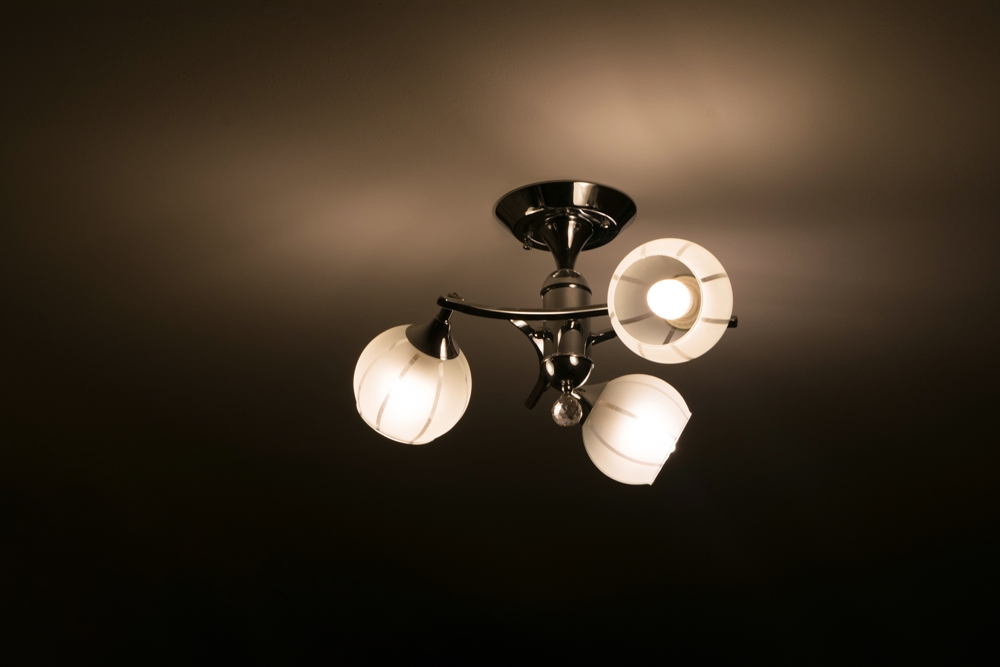 Another common cause of
kitchen light flickering
is electrical overloading. This occurs when there are too many appliances or devices using electricity in your kitchen, causing the lights to flicker. This is especially common in older homes with outdated electrical systems. To resolve this issue, you may need to upgrade your electrical system or redistribute the load by using fewer appliances at the same time.
Another common cause of
kitchen light flickering
is electrical overloading. This occurs when there are too many appliances or devices using electricity in your kitchen, causing the lights to flicker. This is especially common in older homes with outdated electrical systems. To resolve this issue, you may need to upgrade your electrical system or redistribute the load by using fewer appliances at the same time.
Dimmer Switches
 If you have a dimmer switch in your kitchen, it may be the culprit behind your
flickering lights
. Dimmer switches are designed to control the brightness of the light, but they can also cause
flickering
if they are not compatible with your light bulbs. Make sure your dimmer switch is meant for the type of bulbs you are using and consider replacing it if it's not.
If you have a dimmer switch in your kitchen, it may be the culprit behind your
flickering lights
. Dimmer switches are designed to control the brightness of the light, but they can also cause
flickering
if they are not compatible with your light bulbs. Make sure your dimmer switch is meant for the type of bulbs you are using and consider replacing it if it's not.
Old Wiring
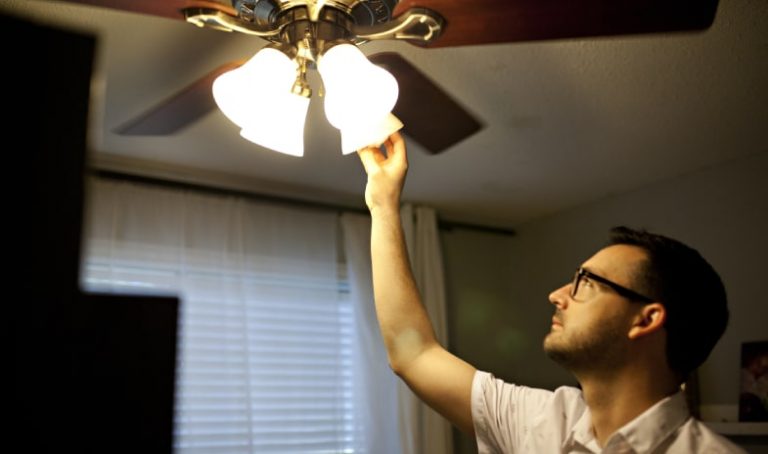 In some cases,
flickering kitchen lights
can be a sign of old or faulty wiring. Over time, wiring can deteriorate, which can cause
flickering
or even electrical fires. If you suspect this may be the issue, it's important to have a professional electrician inspect your wiring and make any necessary repairs.
In some cases,
flickering kitchen lights
can be a sign of old or faulty wiring. Over time, wiring can deteriorate, which can cause
flickering
or even electrical fires. If you suspect this may be the issue, it's important to have a professional electrician inspect your wiring and make any necessary repairs.
Conclusion
 In conclusion,
flickering kitchen lights
can be caused by a variety of factors, from loose connections to faulty wiring. It's important to address this issue promptly to avoid any potential hazards and ensure the safety of your home. By following the solutions outlined in this article, you can resolve the
flickering
and enjoy a well-lit and safe kitchen once again.
In conclusion,
flickering kitchen lights
can be caused by a variety of factors, from loose connections to faulty wiring. It's important to address this issue promptly to avoid any potential hazards and ensure the safety of your home. By following the solutions outlined in this article, you can resolve the
flickering
and enjoy a well-lit and safe kitchen once again.



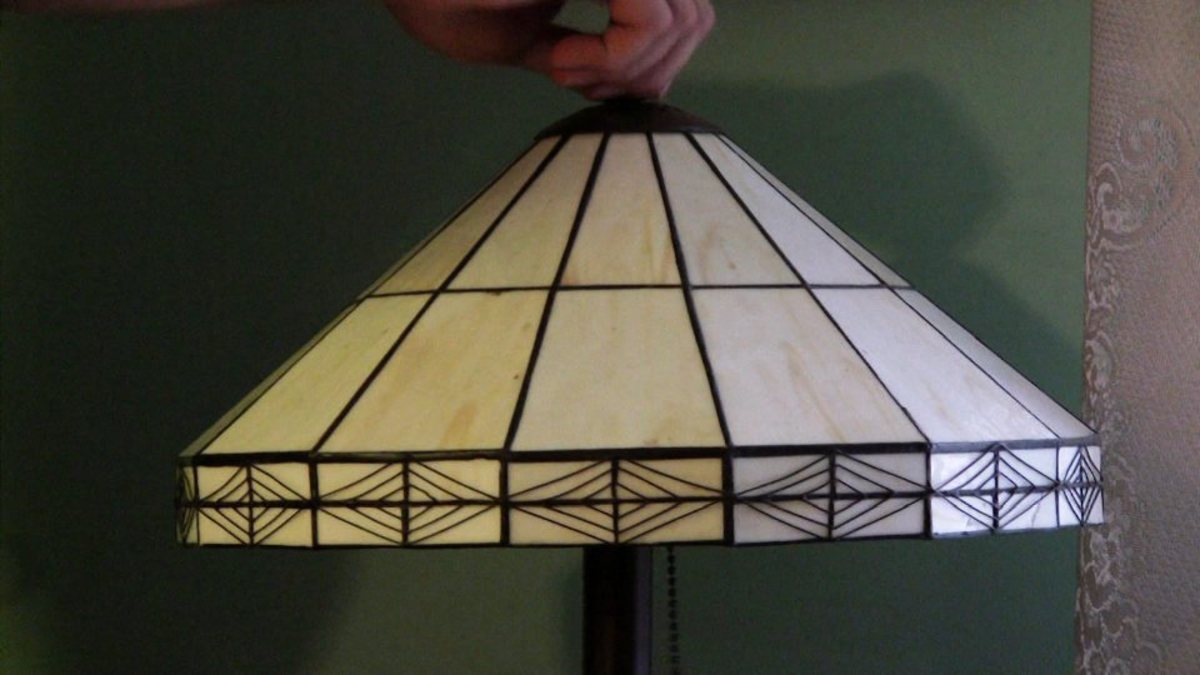
:max_bytes(150000):strip_icc()/fix-a-flickering-light-bulb-4123638_hero_31625-c30e217bfa4b4525968b4628c03e5954.jpg)
/2-faa70d6e92db4034b9a2df022e64633f.jpg)

:max_bytes(150000):strip_icc()/fix-a-flickering-light-bulb-4123638-07-93fde1227c814552b2e2b9b5af6c4e9a.jpg)

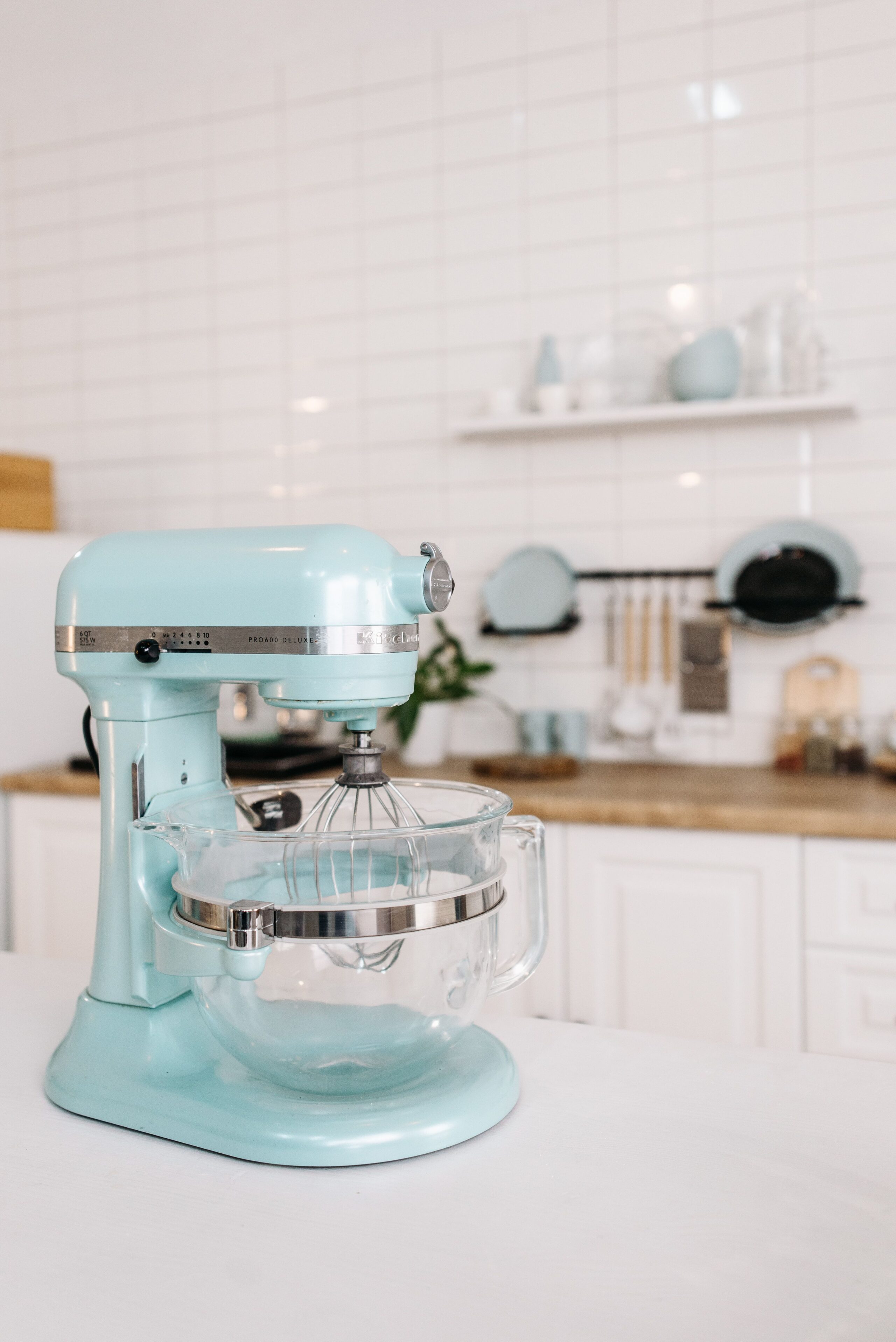
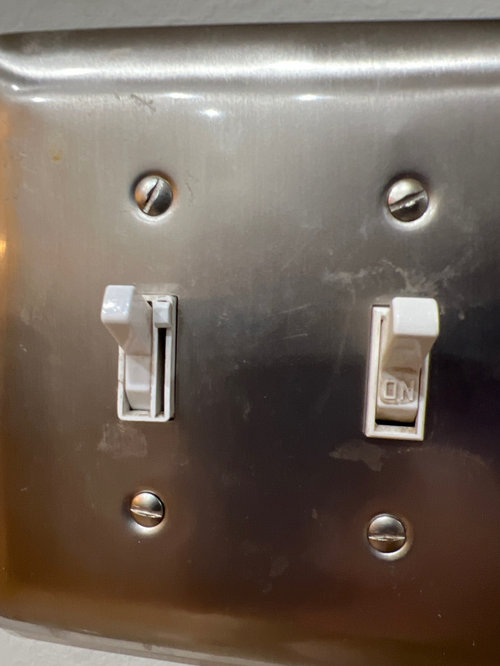
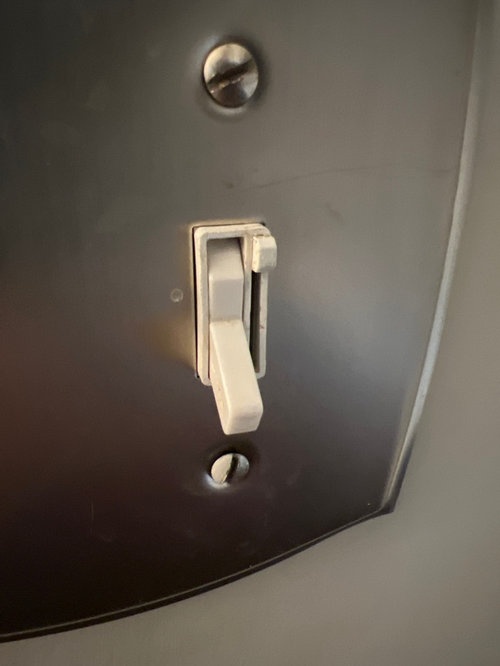

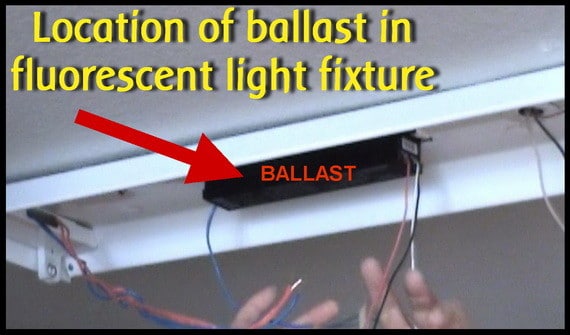














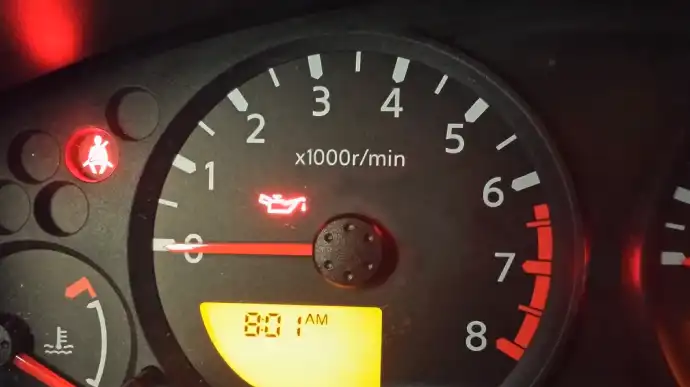
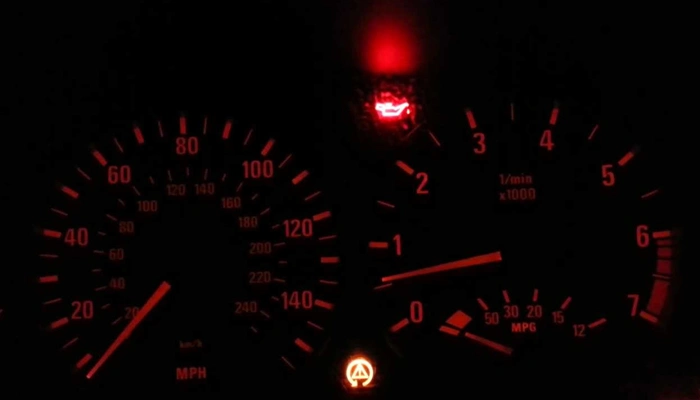
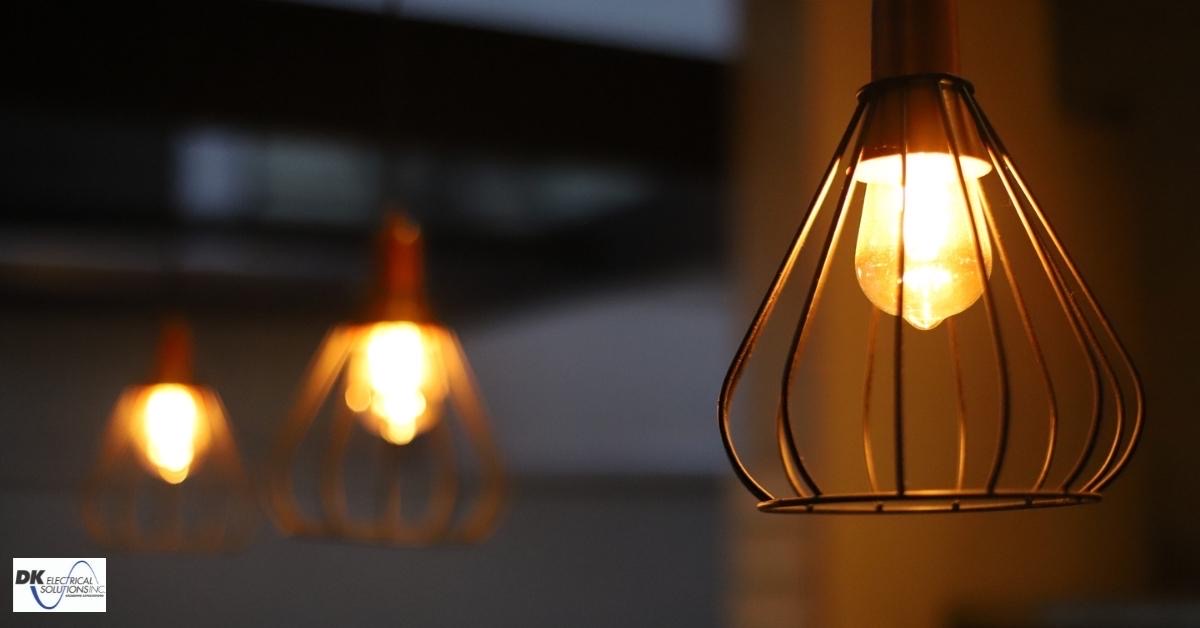





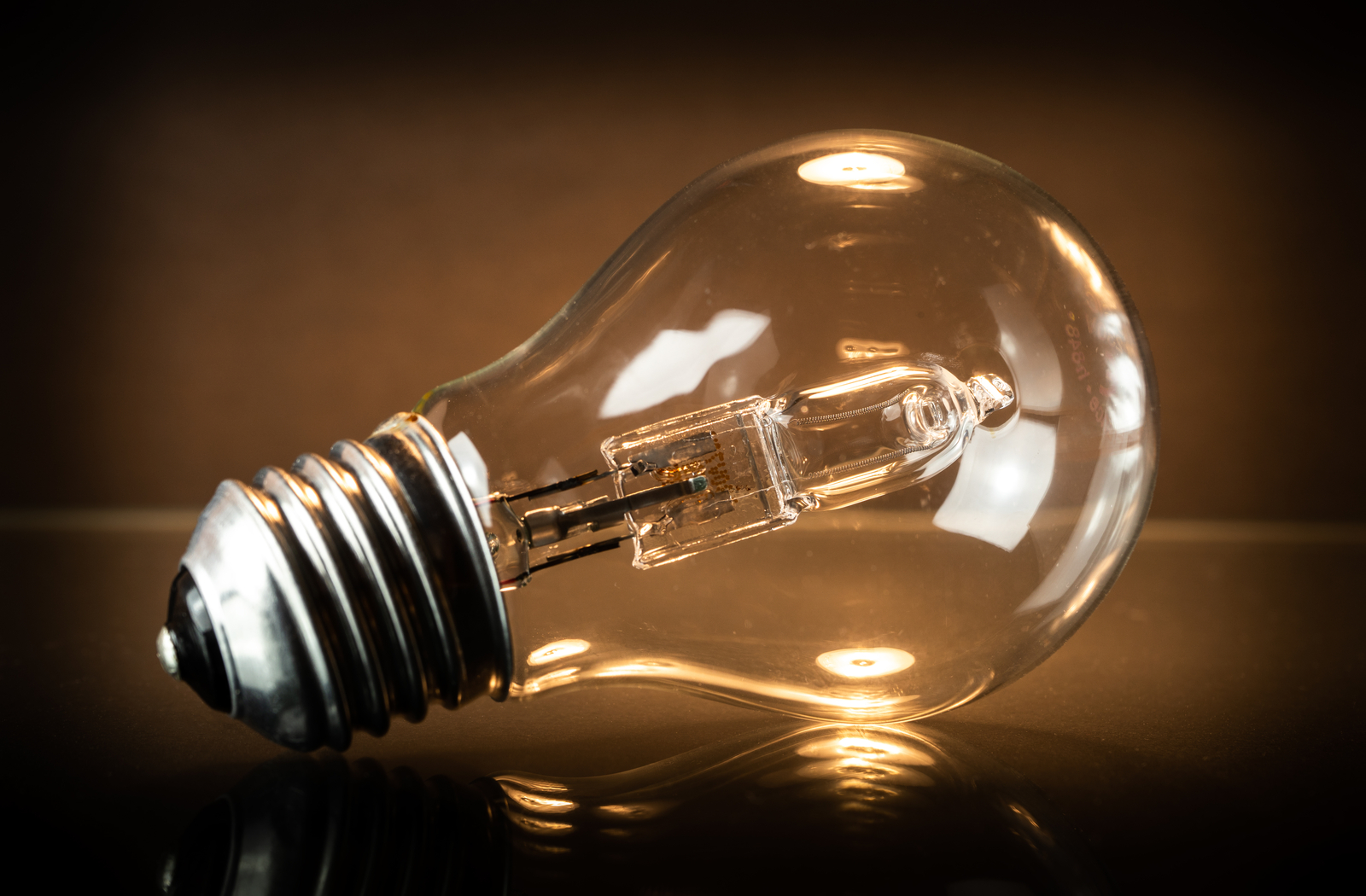
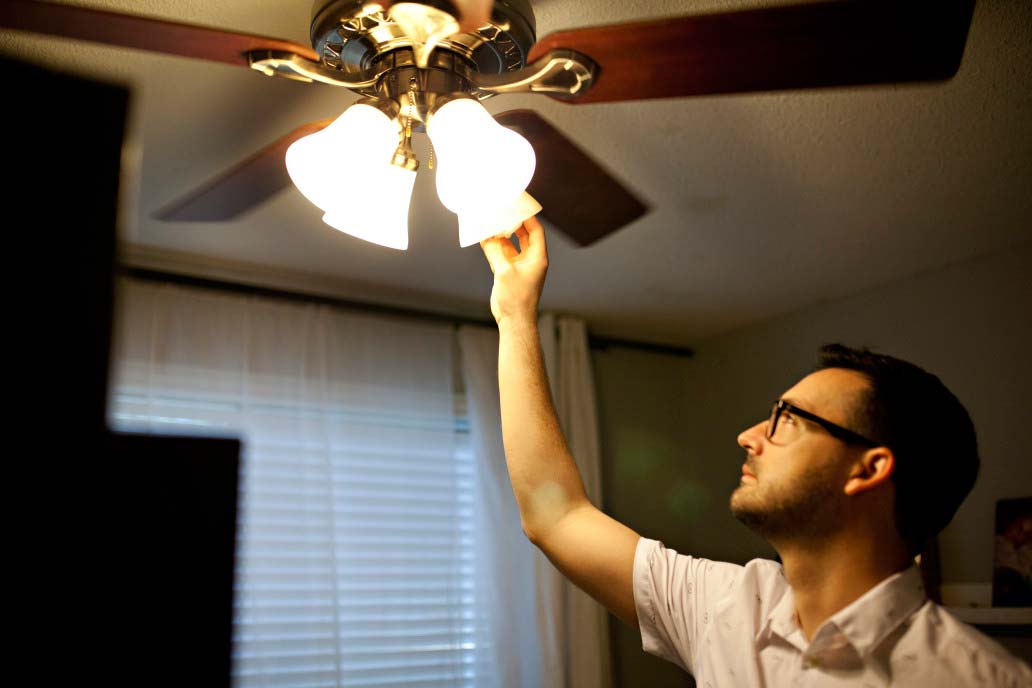
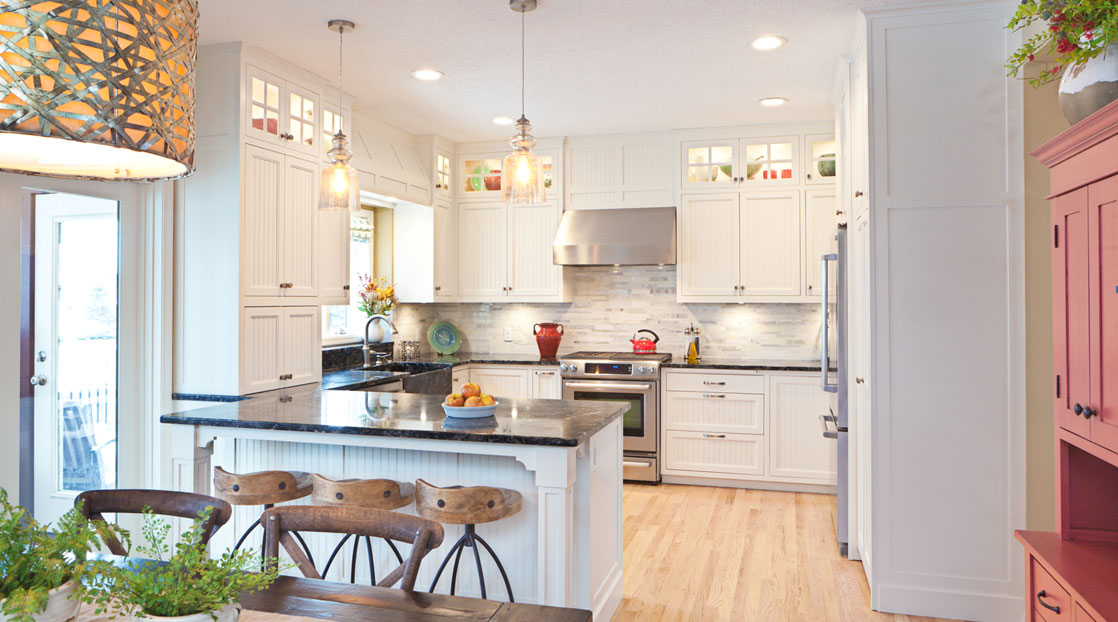




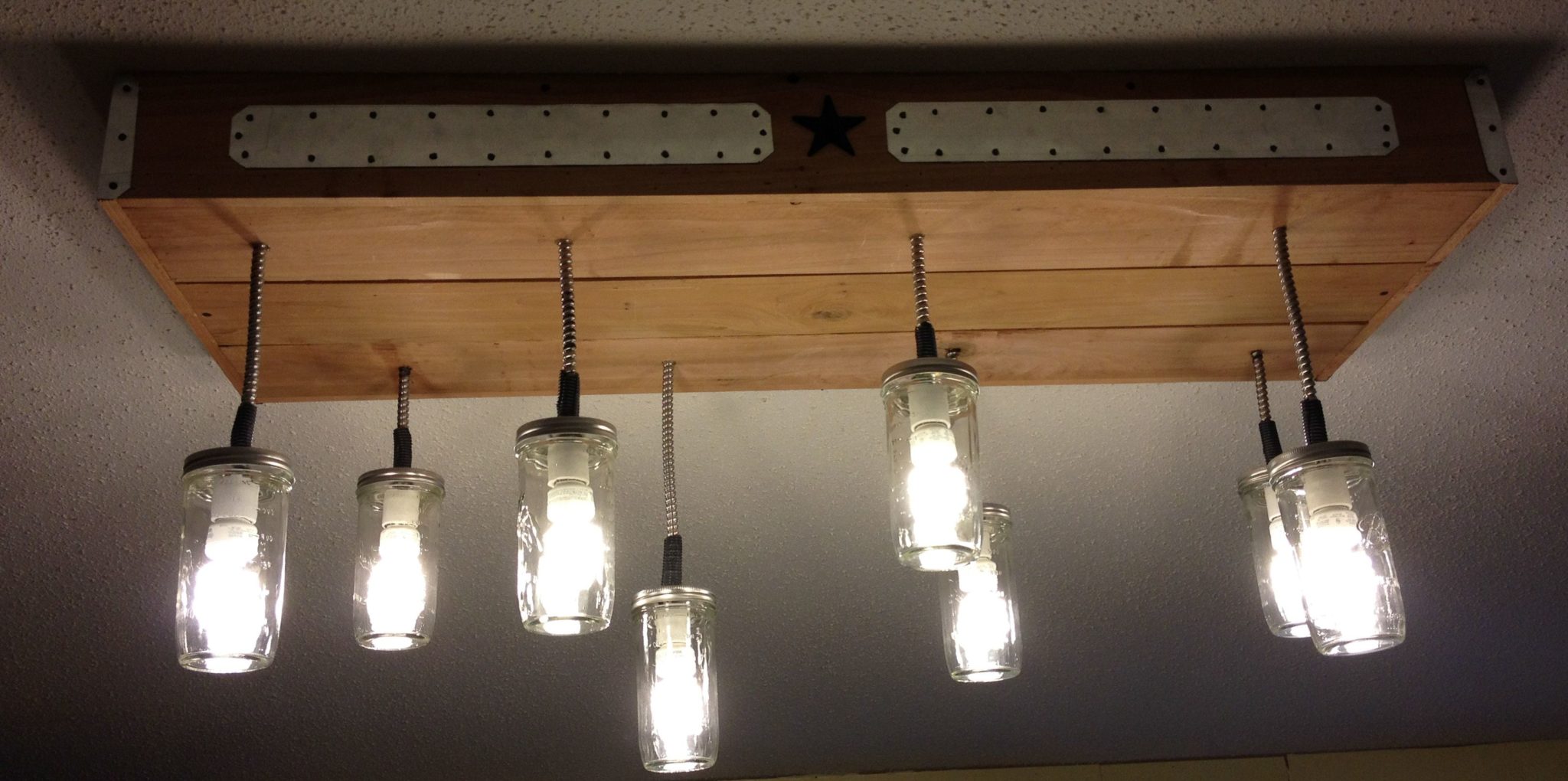
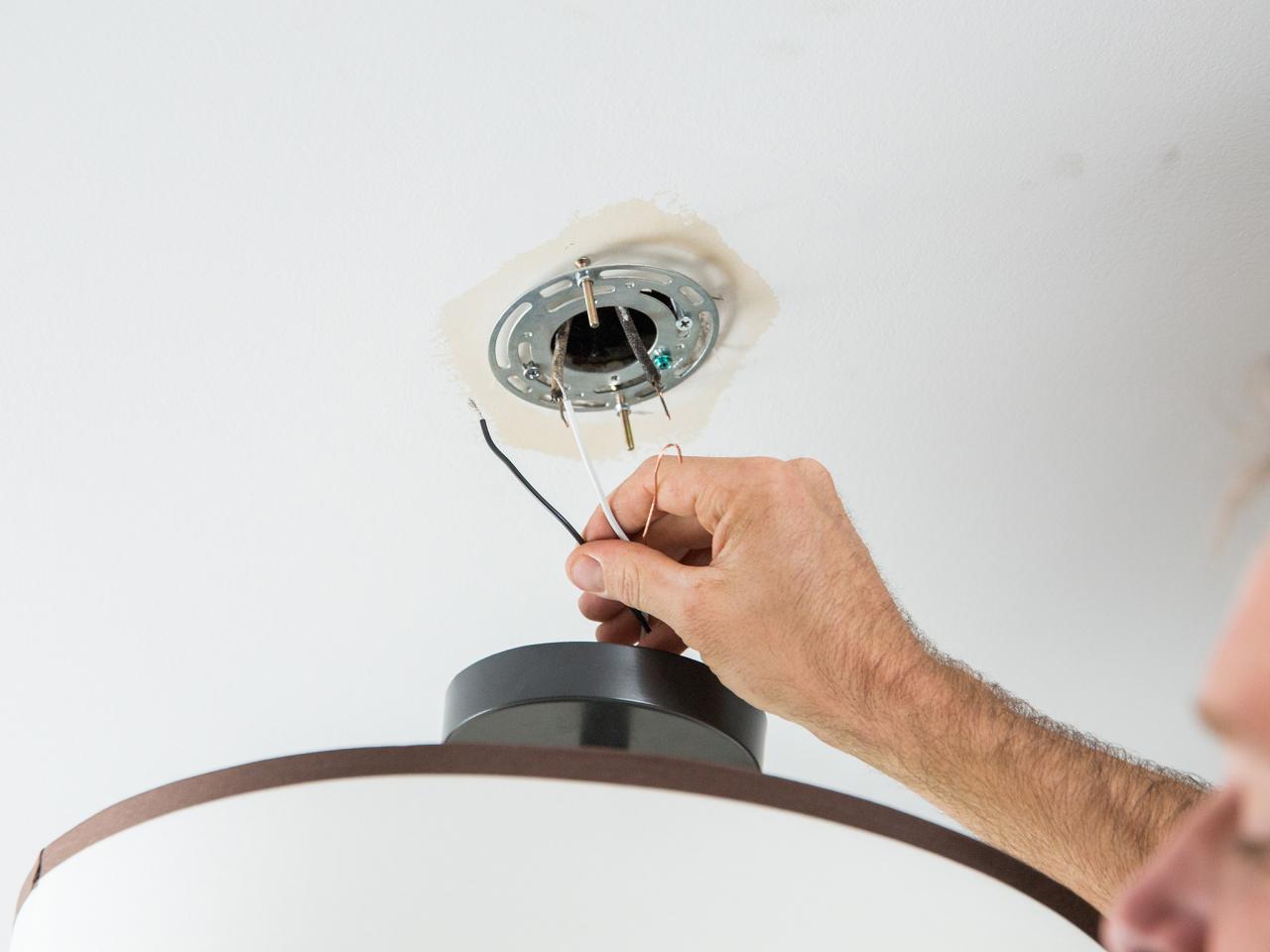
/fix-a-flickering-light-bulb-4123638_hero_31625-c30e217bfa4b4525968b4628c03e5954.jpg)




